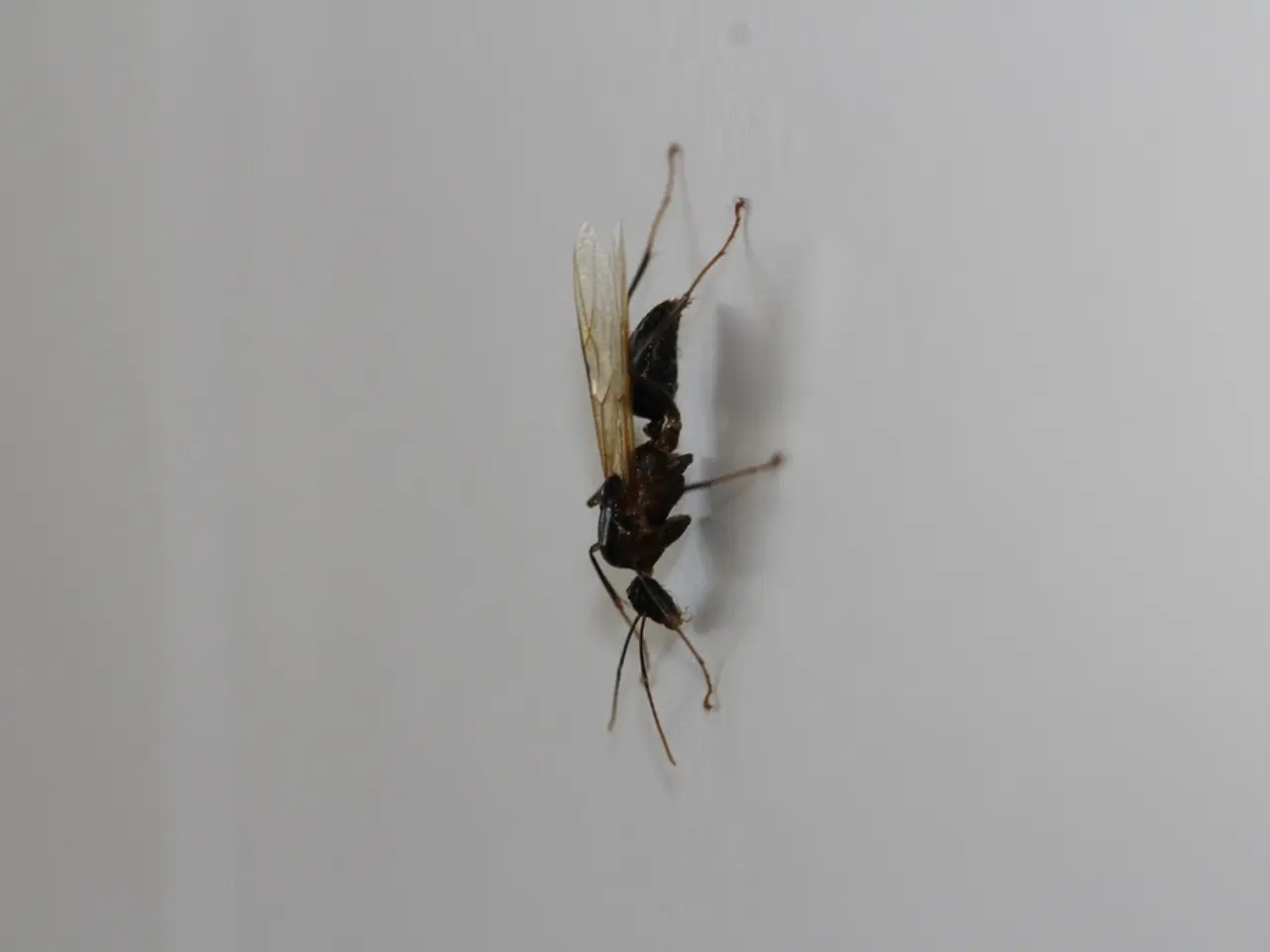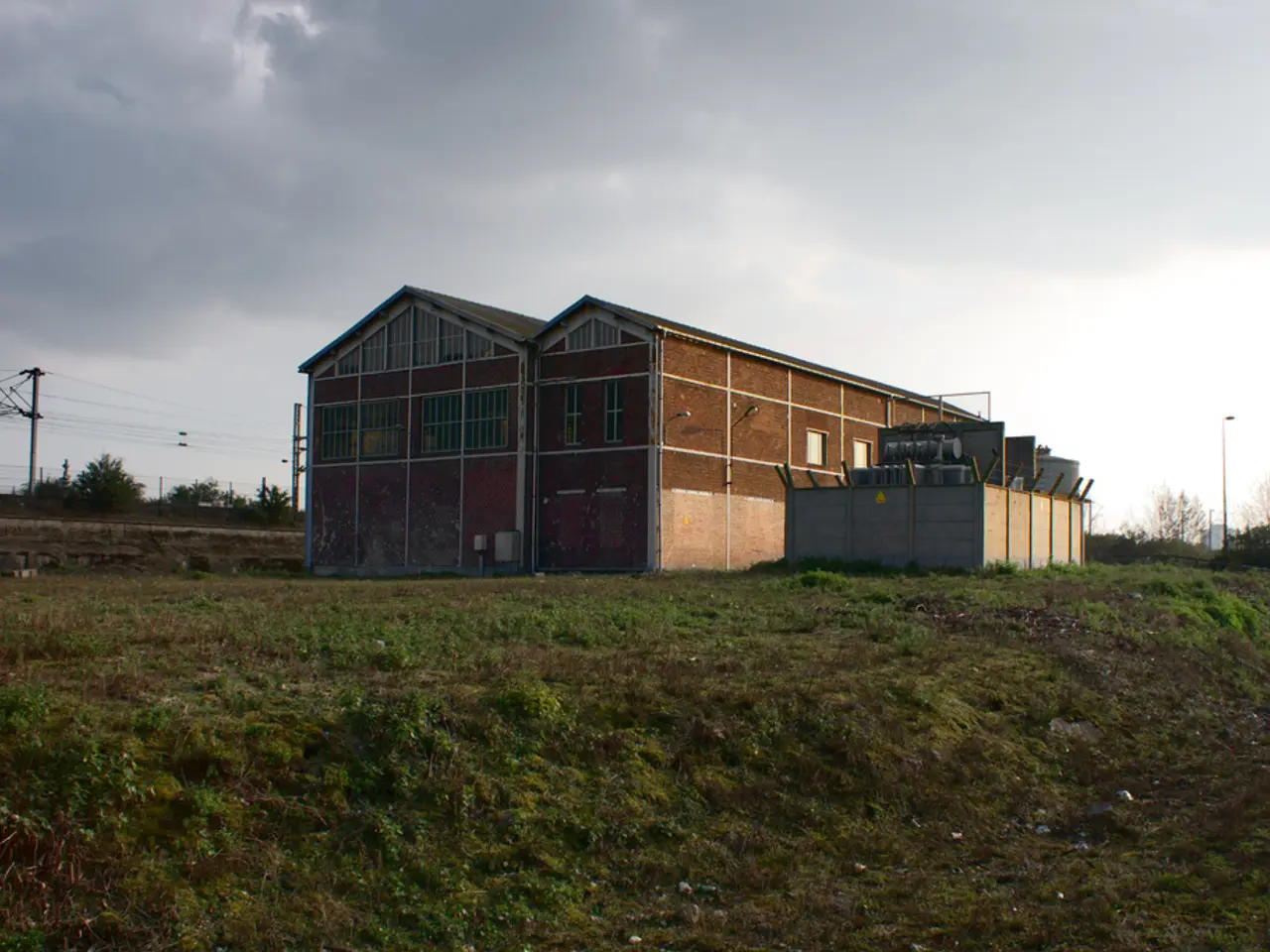Hornets of Asian origin expanding in Saarland - Greens request public reporting and sharing of details
In the picturesque landscapes of Saarland, a new threat has emerged — the Asian hornet (Vespa velutina). Known for its aggressive nature and potential fatal stings, especially for allergy sufferers, children, or in massive attacks, this invasive predator of native bees has become a cause for concern in parts of Europe, including Germany.
The Asian hornet's rapid spread in Saarland necessitates immediate action. Early detection is crucial for successful containment, and typically, measures include surveillance and early detection, nest destruction by trained personnel, public awareness campaigns, and cooperation between local authorities and environmental groups.
Recent calls for action have come from the Saar Greens (Bündnis 90/Die Grünen Saar), an environmentally focused political party. They demand comprehensive public awareness campaigns about the recognition features and behavior of the hornet, emphasizing the importance of early and targeted search for nests, especially in settlement areas and near forests.
Volker Morbe, a representative from the Greens, has been vocal about the issue. He argues that the current lack of a reporting obligation for sightings of the Asian hornet does not do justice to the danger potential of the species. He urges the reintroduction of this obligation to facilitate early detection and prompt action.
Since March 24, 2025, the responsibility for reporting and nest removal of the Asian hornet has been transferred to the non-profit Velutina Network Saar. Reports can only be made through the central reporting portal of the Velutina Network Saar. The network cooperates with local task forces, usually consisting of beekeepers, for the inspection and professional removal of nests.
The Asian hornet poses an increasing threat to local biodiversity and public safety. Its sting can be fatal, and it targets honeybees and significantly decimates local wild bee populations. This has catastrophic consequences for pollination and agriculture.
Morbe also calls for stronger support for the dedicated volunteers who work under high pressure. He believes that combating the Asian hornet requires not only voluntary engagement but also personnel, financial, and logistical support from the state.
The queen's flight begins in spring (around April), followed by the workers from May to late autumn. Nests are preferably built at great heights, but can also appear near the ground at the beginning of the season.
The Greens advocate for ecologically balanced methods in their approach, emphasizing biological controls, minimizing pesticide use, and protecting native pollinators while controlling invasive species. They also support public involvement and education to monitor hornet presence and promote biodiversity.
As the Asian hornet invasion continues to unfold in Saarland, the call for action from the Saar Greens serves as a reminder of the importance of vigilance and cooperation in the face of environmental threats. For precise information on Saarland's current policies or the Greens’ official position, consult the Saarland government environmental agency's website or official statements from the Saar Greens party.
- In response to the threatening presence of the Asian hornet in Saarland's landscapes, the Saar Greens, an environmental political party, have encouraged policy-and-legislation pertaining to environmental-science, emphasizing the need for comprehensive public awareness campaigns, early detection, and targeted search for nests.
- Recognizing the potential danger of the Asian hornet, Volker Morbe, a representative from the Saar Greens, has advocated for stronger policy on climate-change, including a reintroduction of the reporting obligation for sightings of the hornet to facilitate early detection and prompt action.
- The Saar Greens have shown commitment to addressing the Asian hornet invasion with ecologically balanced methods, pushing for biological controls, minimizing pesticide use, promoting public involvement, and advocating for general-news coverage on the issue to encourage environmental education and vigilance.








